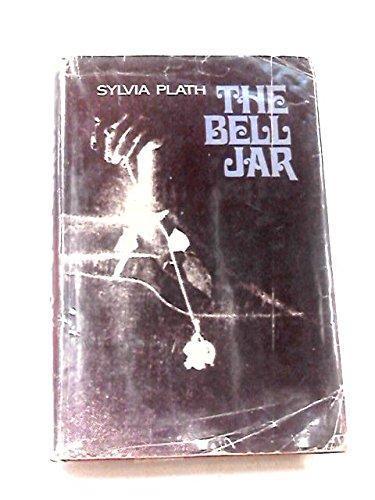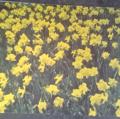Stephanie Jane recenzis The Bell Jar de Sylvia Plath
Surprisingly matter of fact when describing horror
4 steloj
I am lucky to have read The Bell Jar by choice, borrowing a copy from a friend who also loved the book, rather than having to read it for school and I think these different approaches significantly influence how people feel about Plath's semi-autobiographical novel. At the very beginning I was reminded of Rona Jaffe's The Best Of Everything which was written around the same time and also examines the lives of young women in New York. However it is Plath's rejection of society's restricted expectations for women which, for me, made The Bell Jar an interesting novel and The Best Of Everything seem somewhat vacuous.
I was surprised at Plath's matter-of-fact language, especially when describing some of the horrors of what passed for mental health care in 1950s America. I think it is this removal from herself which was the strongest symptom of her breakdown, but it made it …
I am lucky to have read The Bell Jar by choice, borrowing a copy from a friend who also loved the book, rather than having to read it for school and I think these different approaches significantly influence how people feel about Plath's semi-autobiographical novel. At the very beginning I was reminded of Rona Jaffe's The Best Of Everything which was written around the same time and also examines the lives of young women in New York. However it is Plath's rejection of society's restricted expectations for women which, for me, made The Bell Jar an interesting novel and The Best Of Everything seem somewhat vacuous.
I was surprised at Plath's matter-of-fact language, especially when describing some of the horrors of what passed for mental health care in 1950s America. I think it is this removal from herself which was the strongest symptom of her breakdown, but it made it difficult for me to get under the skin of her writing. I am used to more overt emotion. I found myself wondering how much of The Bell Jar was actually fiction and how much truth. Being always aware that Plath did commit suicide shortly after the book was first published coloured my reading of it, especially in scenes where Esther feels herself blocked from following her dreams due to her gender and where the opposite applies and she meets role model career women - writers, doctors, psychiatrists - but does not recognise the potential of their example, locked away as she is in her metaphorical bell jar.


